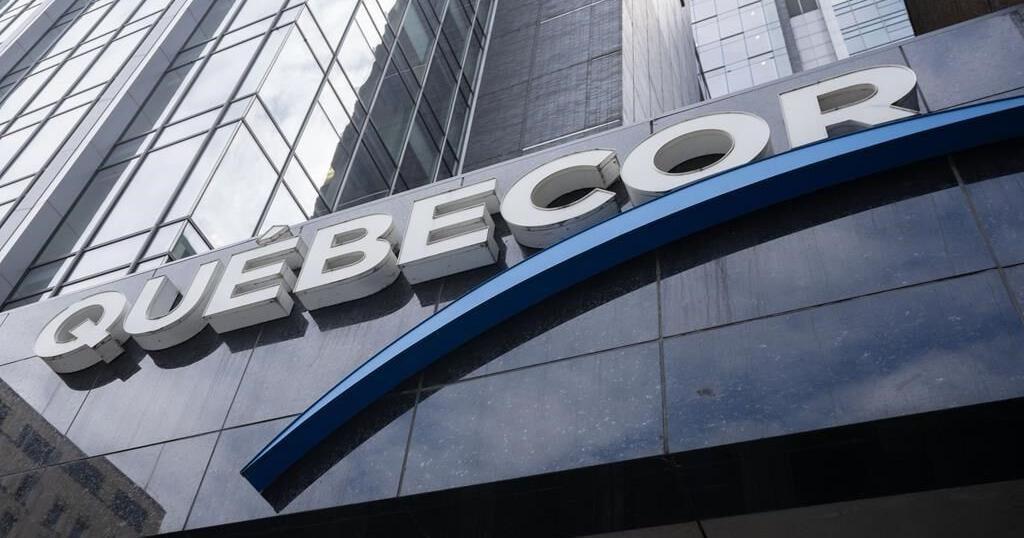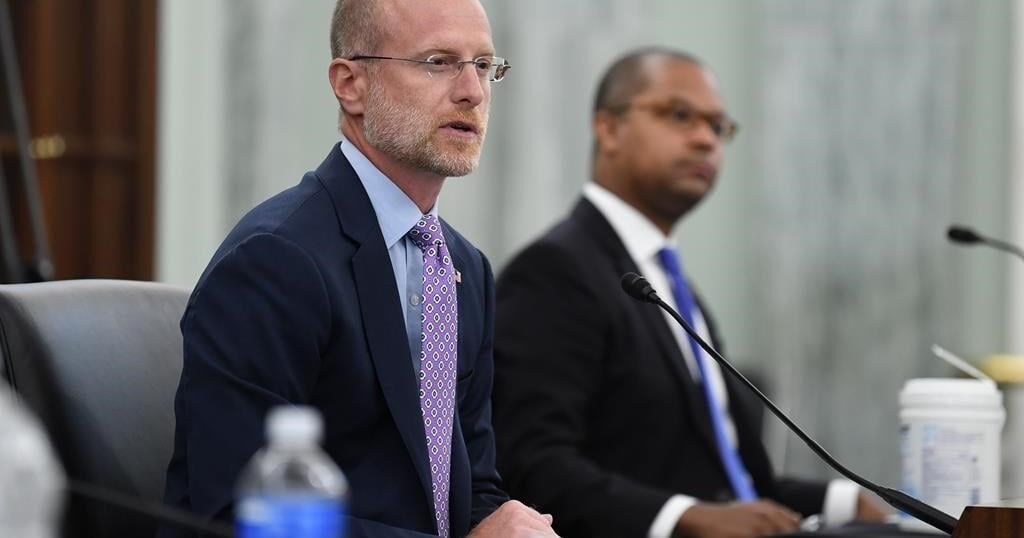Quebecor Inc. says it recorded its best quarter for wireless customer acquisitions in its history during the three-month period that ended Sept. 30, though it reported its profit and revenue edged lower.
During the quarter, Quebecor said it added 132,100 mobile phone subscriptions, compared with an increase of 88,700 in the same period of 2023 — an increase of 3.4 per cent year-over-year.
The company said it now has a total of more than four million wireless connections under its Videotron, Freedom Mobile and Fizz brands.
Chief executive Pierre Karl Péladeau called it an “important milestone” for Quebecor, adding his company’s long-term strategy to act as a “lower price, better and faster alternative” to Canada’s Big 3 telecom companies is paying off.
“We continue to outperform our competitors,” Péladeau told analysts on the company’s third-quarter earnings call on Thursday.
“We have created a healthy, competitive environment, giving Canadians more choice, lower prices and better experience.”
But Quebecor said its net income attributable to shareholders amounted to $189 million or 81 cents per share for the quarter. The result compared with a profit of $209.3 million or 91 cents per share in the same quarter last year.
Its adjusted income from operating activities amounted to 82 cents per share, down from 88 cents per share in the same quarter last year. Revenue for the quarter totalled $1.39 billion, down from $1.42 billion a year earlier.
Péladeau said Quebecor’s long-term strategy comes with “short-term sacrifices.”
“We are confident that our business model of putting the customer first will always prevail, as proven by our momentum that keeps improving,” he said.
Quebecor reported its mobile phone average revenue per user (ARPU) was $35.31 in the third quarter, down $2.29, or 6.2 per cent, from the third quarter of the prior year.
It said that was mainly due to higher promotional discounts, lower overage revenues and a change in the customer mix, including the dilutive effect of Freedom’s and Fizz’s prepaid services.
“Realistically, we do not expect ARPU growth until we reach a better balance between our brands, but we anticipate that customer growth would largely offset the pressure on ARPU,” said Péladeau.
Desjardins analyst Jerome Dubreuil called Quebecor’s ARPU decline “weak,” with the figures slightly worse than forecasted. He said the results show that competitive dynamics in the industry are “also apparent for the challenger.”
But he noted the company appears motivated to maintain pressure on its three largest competitors through “aggressive pricing” on its Freedom Mobile wireless plans.
“In light of current wireless pricing and Quebecor’s decent margins, we believe Quebecor continues to be well-positioned with its Freedom offering for either market share gains or improving ARPU performance,” Dubreuil said in a note.
Chief financial officer Hugues Simard said the company’s potential to grow its ARPU would depend on the future of an ongoing “price war” in the Canadian telecom market.
He said Quebecor has been “disciplined” in its back-to-school offers along with its plans for upcoming Black Friday promotions.
“We can’t speak for our competitors. If they go crazy again, or if they continue to go crazy in Quebec, then I’m not sure where ARPU is going to end up,” said Simard.
“We’re doing our share and now I think the ball is in the incumbents’ court.”
Although Quebecor did not disclose exact figures for its customer churn — a measure of subscribers who cancelled their service — Simard said it was lower across all its brands from last year.
On a monthly basis, he said churn was just above one per cent for Videotron and around 1.5 per cent for Freedom Mobile and Fizz.
This report by The Canadian Press was first published Nov. 7, 2024.
Companies in this story: (TSX:QBR.B)
























